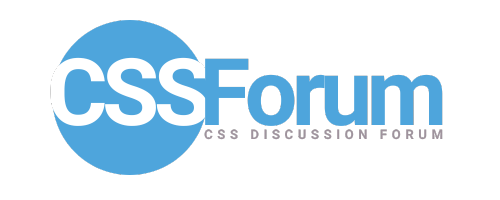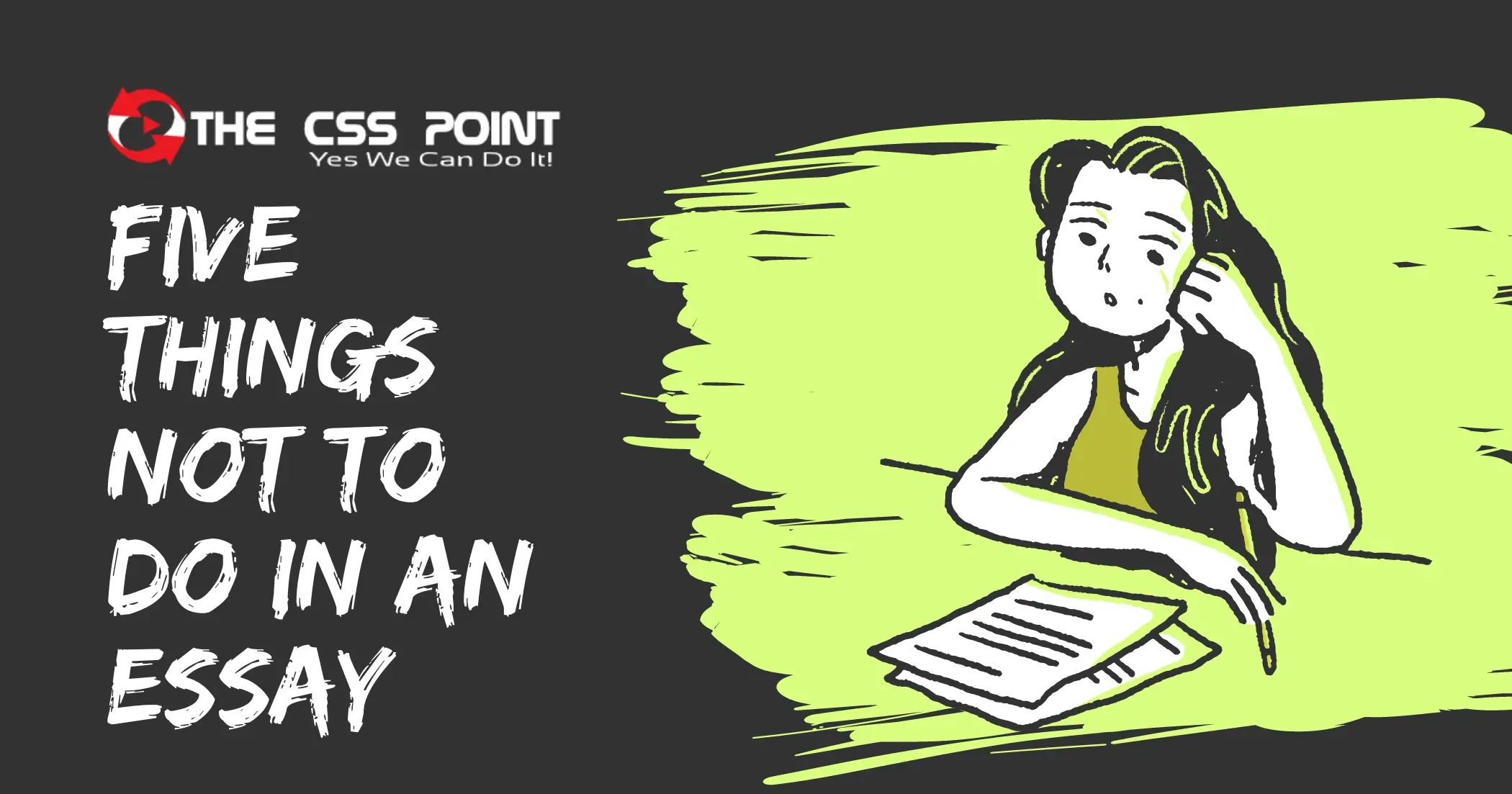Five Common Essay Writing Mistakes Every CSS Aspirant Must Avoid
The Central Superior Services (CSS) examination is one of Pakistan’s most prestigious competitive exams, assessing not only a candidate’s knowledge but also their ability to communicate ideas effectively. Among all the papers, the English Essay holds pivotal importance, as it evaluates analytical thinking, coherence, precision, and command over language. Yet, many aspirants struggle to write in a formal, structured, and examiner-oriented manner. To help you refine your writing skills, here are five major mistakes you must avoid in your CSS essay.
1. Failing to Address the Essay Topic in the Introduction
A strong introduction should immediately convey what the essay is about. A good test is this: can a reader guess the essay question simply by reading your introduction? If not, the introduction has failed. Begin by clearly identifying the topic and your stance, without drifting into generalities or unnecessary quotations.
Avoid rhetorical questions and grandiose statements. Instead, use precise language drawn directly from the essay prompt. For example, if your essay asks you to “discuss the thematic links between three myths,” state what those myths are and briefly mention the common themes you intend to explore. Your introduction should end with a clear thesis statement outlining your approach and structure.
In CSS essays, clarity and relevance take precedence over style. Remember: your introduction is a roadmap — not a display of literary flair.
2. Straying from the Focus of the Question (Especially in the Conclusion)
Every paragraph must contribute to answering the essay question. Examiners penalize essays that deviate into irrelevant discussions, especially in the conclusion. The purpose of a conclusion is not to introduce new ideas, but to reaffirm your argument in light of the evidence presented.
Restate the thesis in refined terms, summarizing each key point without repeating examples or wording from earlier sections. Maintain consistency in terminology and avoid sweeping generalizations. A CSS essay conclusion should be concise, analytical, and directly linked to the question — not a philosophical reflection or dramatic closing line.
BUY CSS PMS ESSAY BOOKS ONLINE AS CASH ON DELIVERY
3. Inserting Quotations Without Context or Explanation
Quotations can strengthen an argument — but only if used sparingly and purposefully. Dropping random quotes without introduction or analysis weakens your essay. Always explain who the author is, why the quote is relevant, and how it supports your argument.
Avoid over-quotation; the examiner is evaluating your perspective, not your ability to collect famous sayings. For instance, if you cite Johnstone’s observation on gladiators, ensure you clarify how it answers your essay question. Never follow a quote with “this quote shows…” — instead, analyze it critically. Your voice must dominate the essay.
4. Neglecting Proper Referencing
Referencing is not just academic decorum — it demonstrates intellectual honesty. Whenever you use factual evidence, historical references, or scholarly arguments, cite the source appropriately. In CSS essays, formal referencing (like MLA or APA) is not required, but acknowledging sources is a mark of integrity.
For primary sources, mention the author and work (e.g., Homer, Iliad). For secondary sources, acknowledge the scholar or researcher (e.g., “According to Hopkins…”). Failure to attribute ideas can lead to accusations of plagiarism and reduce credibility. Moreover, accurate references strengthen your argument, showing that it is grounded in evidence rather than opinion.
5. Using Informal Language, Colloquialisms, or Rhetorical Questions
A CSS essay is a formal academic exercise, not a personal blog. Avoid contractions (write do not instead of don’t), colloquial expressions (like “a big deal” or “get away with”), and rhetorical questions (“Have you ever thought why democracy fails?”). These weaken your tone and shift responsibility onto the reader.
Refrain from using first-person (“I think”) or second-person (“you”) perspectives. Instead, maintain objectivity by using third-person or impersonal constructions (“It can be argued that…”). Also, replace casual phrasing with precise academic language — for example, use “excessive rainfall” instead of “it was bucketing down.”
In essence, formality, precision, and detachment define the CSS writing style. Examiners appreciate essays that read like policy analyses or academic papers, not informal reflections.
Conclusion
Avoiding these common pitfalls will help you craft essays that are focused, formal, and examiner-friendly. Remember, CSS examiners value clarity over complexity, analysis over narration, and argument over assertion. By mastering structure, maintaining relevance, and adopting a scholarly tone, you not only improve your chances of success but also demonstrate the intellectual maturity required of a future civil servant.
Key Takeaway:
In CSS Essay Writing — be clear, be precise, be formal. Avoid rhetorical flourish and personal tone; instead, write with purpose, structure, and analytical depth.

